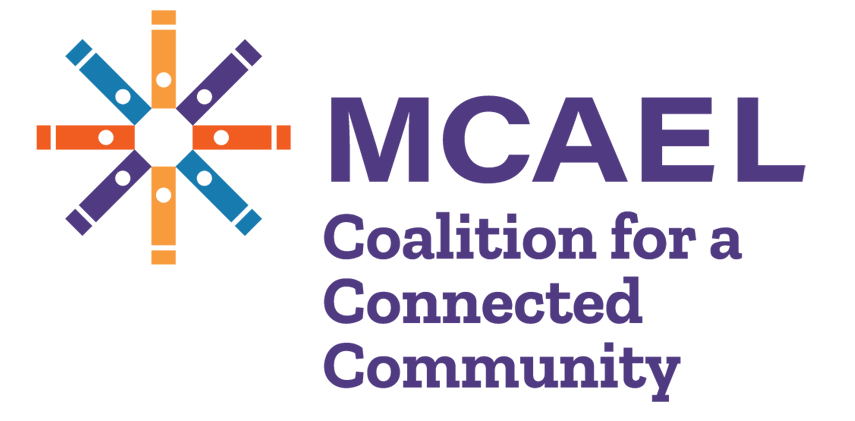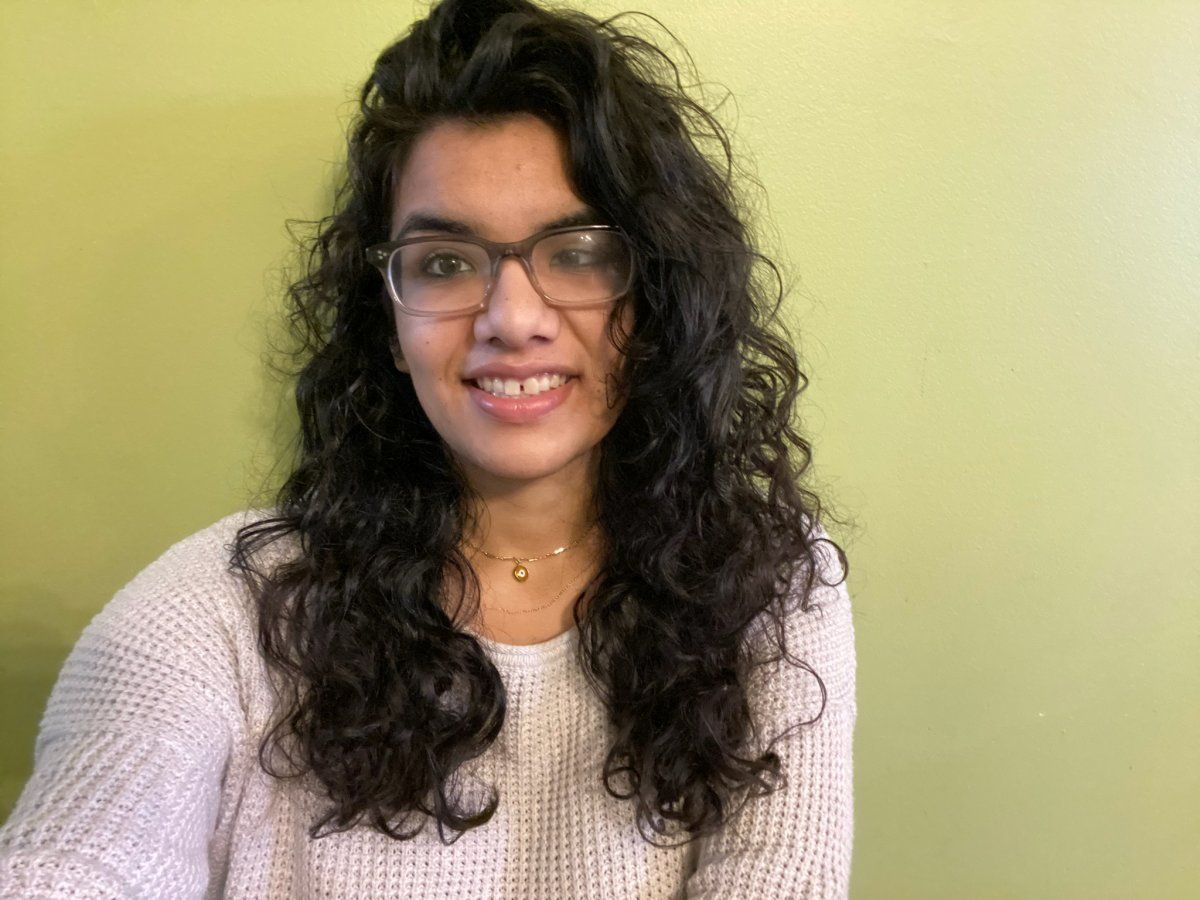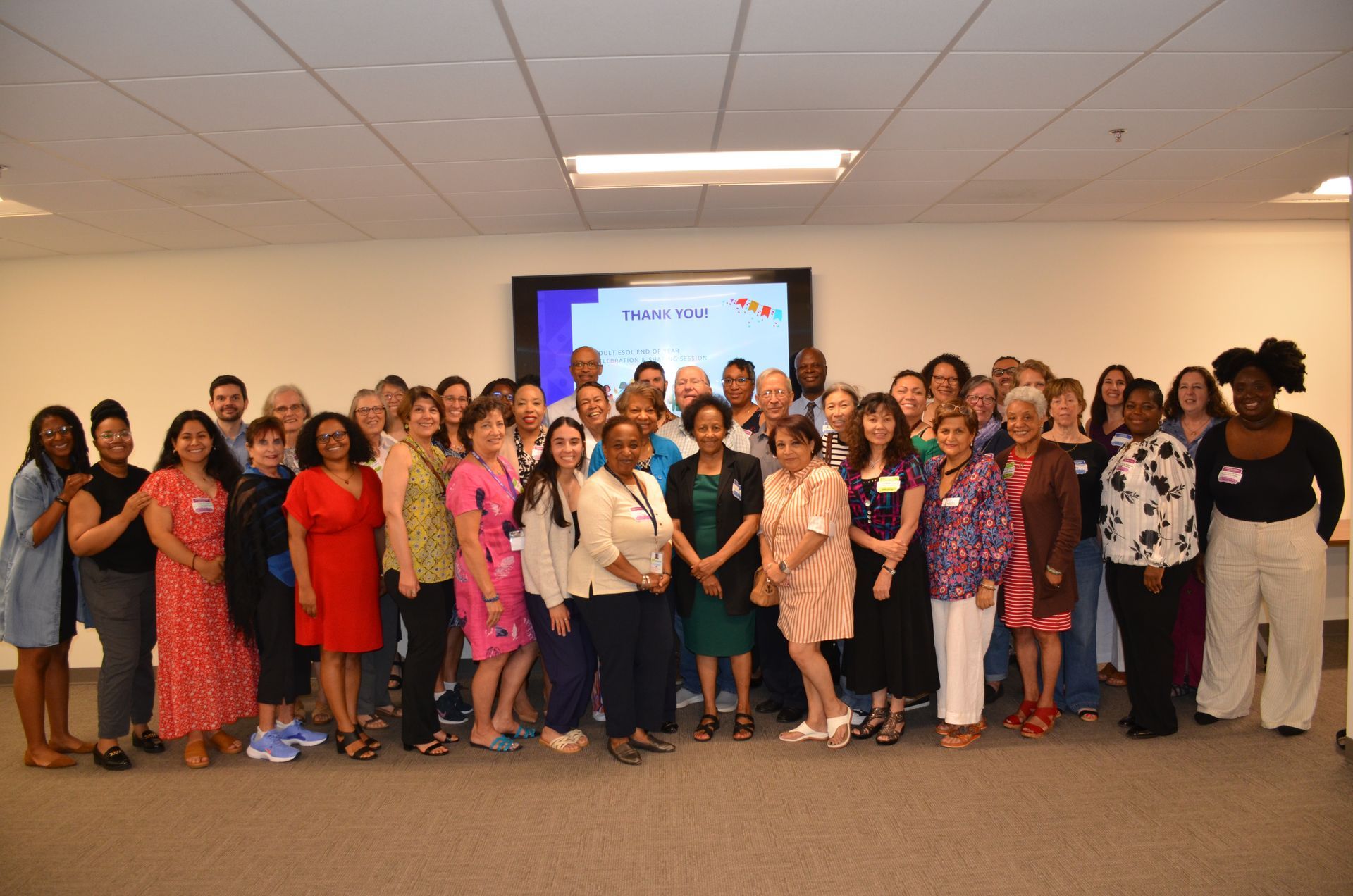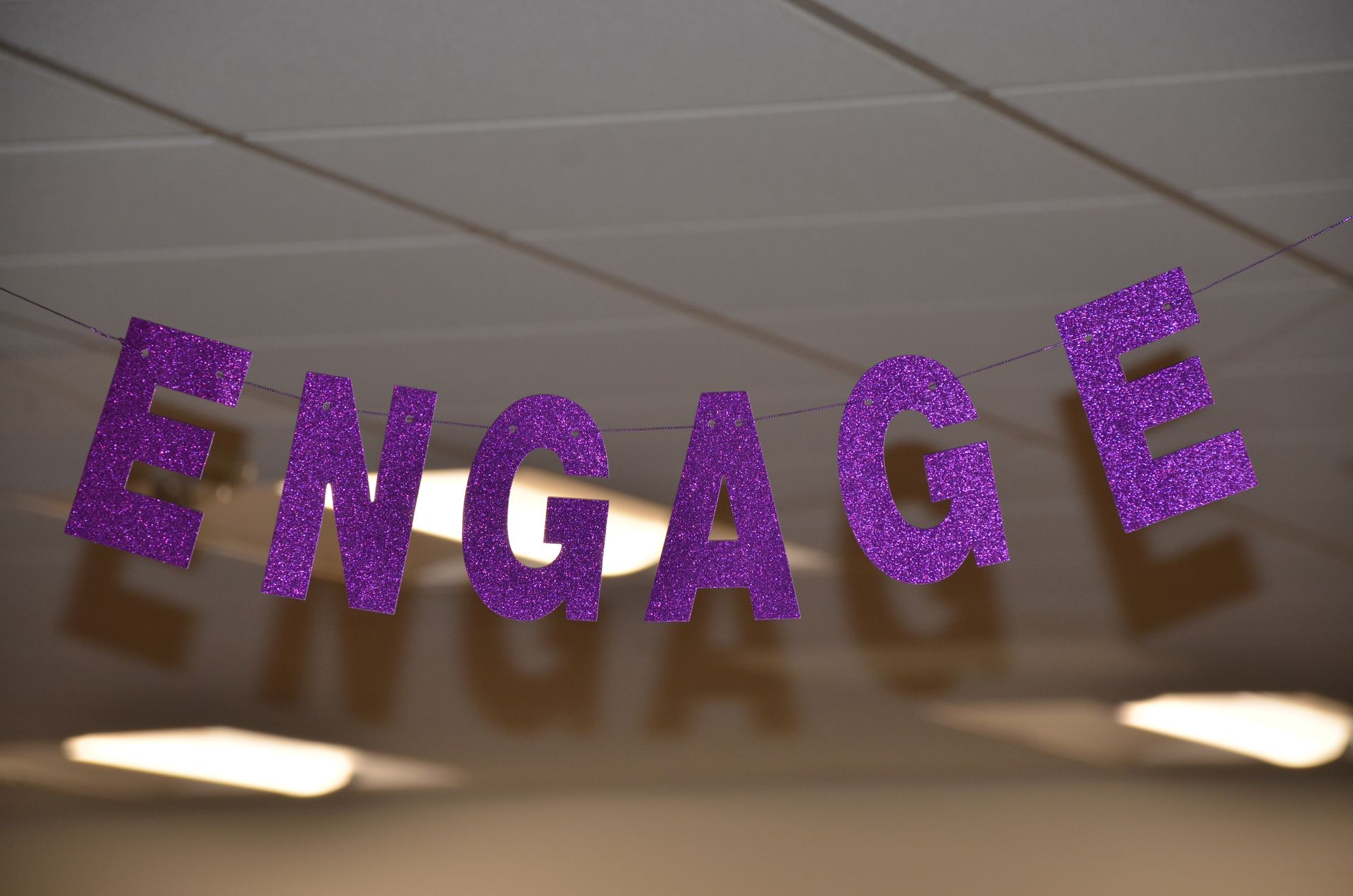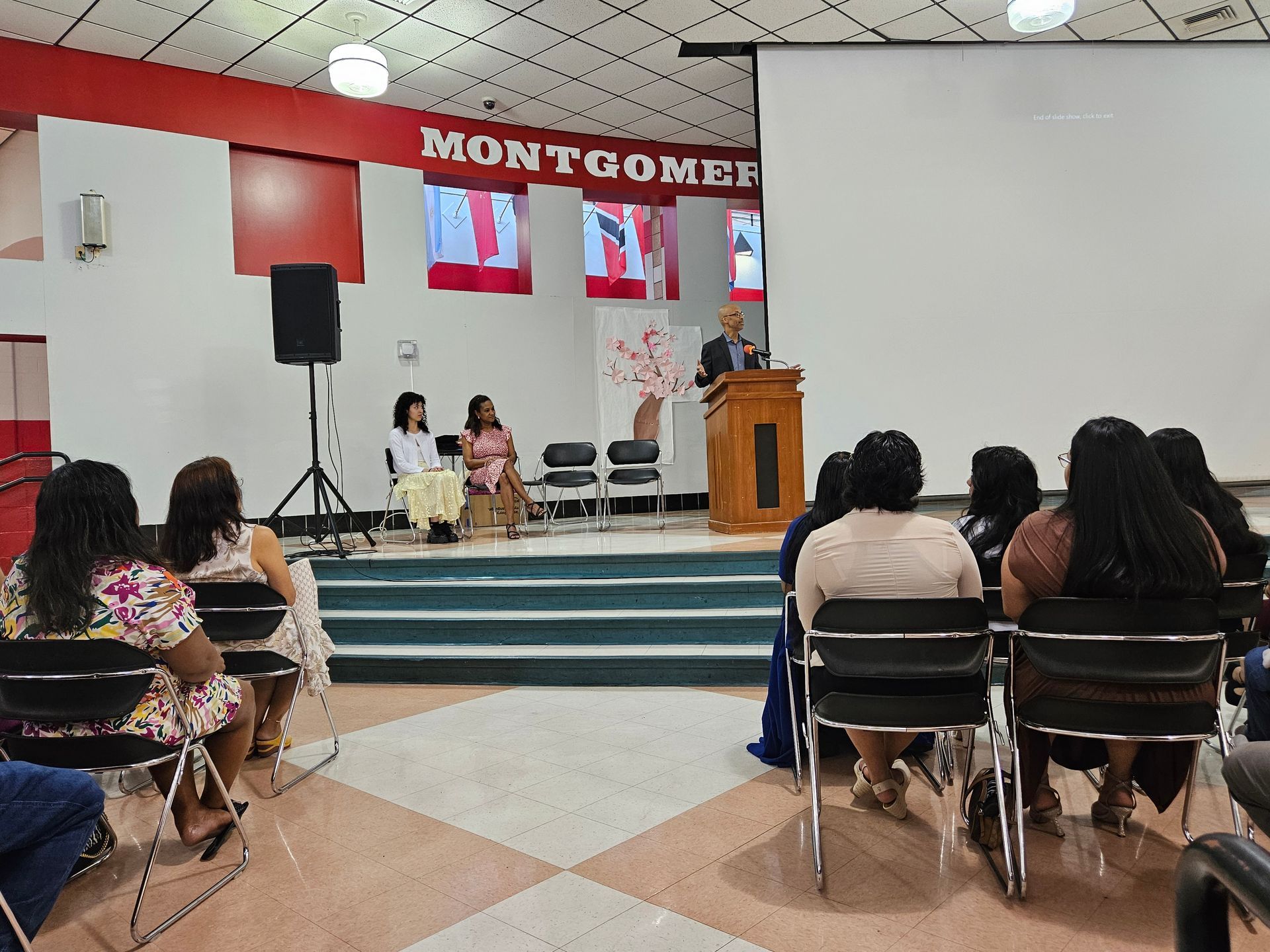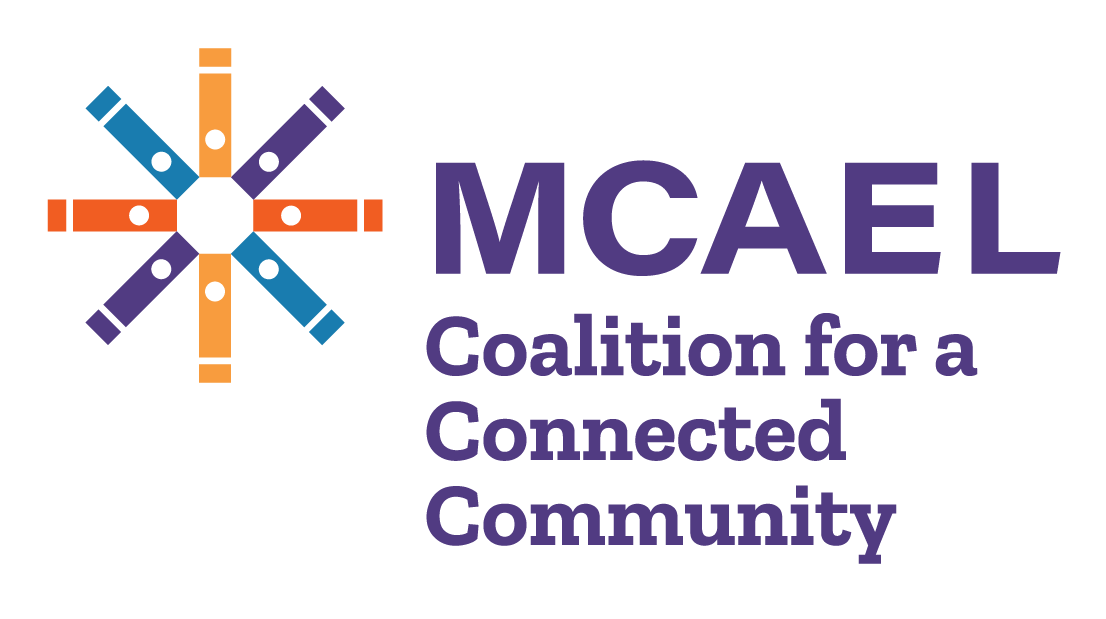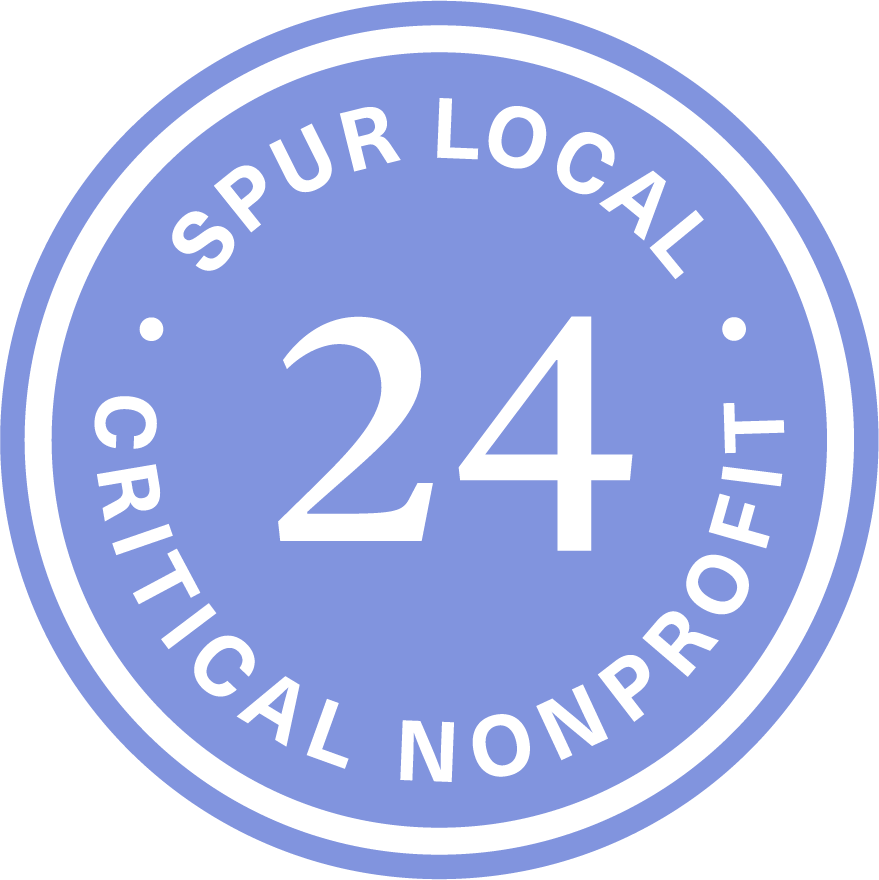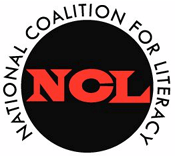Tell us a little bit about yourself and what has inspired you to be a teacher?
I had a lot of experience in college having facilitated trainings through the Multicultural Education Department and my first year out of college I worked in advocacy helping to train constituents in effective lobbying. The classroom environment has felt like a very natural part of my professional experience and it’s a setting I really enjoy working in because of the power of dialogue and being in a setting where knowledge is so readily and willingly transferred. My first year working with the IRC was as a job-trainer conducting job readiness trainings, interview trainings, hospitality training and serving as a co-teacher for the women’s English program! I love serving our clients and working with a team of interns and supervisors who share that same passion is what keeps me inspired!
What are the biggest challenges you face as an ESOL teacher?
Our classes are only three weeks and we have women who have a variety of different literacy and educational backgrounds. The biggest challenge often feels like having the curriculum be as accessible as possible to all the women. I want to meet all the programmatic goals that we set together (teachers and students) and I also want to make sure that the material is digestible and meets the needs of each student. We have student clients who maybe it’s there first time getting to enter the classroom and others who may have once been the teachers in their home country. I’ve been very lucky to work with a team of interns and my supervisor who are all ready and willing to help to adjust the curriculum, to look up resources through our MCAEL/IRC network, or spend additional time with the students one on one.
What has teaching remotely during a global pandemic taught you?
The internet is a beautiful platform for connection and trust building. We had a very short period of time to turn our normal in-person classroom into a virtual platform. Thankfully, with some assistance and careful planning we were successful in training and testing for digital literacy and then continuing the classrooms online. Zoom has been most effective and I’m thankful that the IRC gets to continue to accompany our women during this time period. Our classroom space meant there was dialogue around what the women were facing, and in many ways we were able to again connect them with resources through this very hard time as they shared with us different home situations and how the pandemic was impacting them.
What advice would you give to a new ESOL teacher or volunteer?
Have fun! Be organized and plan ahead! If it is possible to have interns or assistants, get them! I love the classroom setting and I experience so much joy with our students! I love getting to see our interns also participate and learn from the experience!! Planning and organization definitely also helps with any jitters or stress! Have fun!
What have been your favorite pastimes during COVID-19?
I love taking my dog for a long hike outside. It’s nice to breathe and just be present with the weather after spending hours of each day cooped up on a computer!
What do you find most rewarding about your work?
I love the folks I serve and the people I work with. Every day, I get to be supported by the most passionate, brilliant and talented coworkers. Even with the challenges of serving refugees during a pandemic and under a politically difficult environment, I still feel a deep sense of fulfillment and joy that I get to have the privilege of serving our clients. I am so lucky!
